What Is Bladder Cancer?
The bladder is a balloon-shaped pouch in the urinary tract that stores urine after it is produced by the kidneys. Like any other organ, the bladder can be susceptible to cancer. Bladder cancer usually starts from the cells lining the bladder (called transitional cells). The cancer then spreads by penetrating bladder muscle, infiltrating surrounding fat and tissue. If untreated, the cancer can eventually spread to other areas in the body.
There are different types. The most common type is Transitional Cell Carcinoma. Other types include Squamous Cell Carcinoma and Adeno Carcinoma. Bladder cancer typically affects older adults; however, it can occur at any age. Approximately 9 out of 10 people with bladder cancer are over the age of 55. This type of cancer is more common among men than women.
According to the National Cancer Institute, there will be approximately 72,500 new cases of bladder cancer diagnosed in the U.S. in 2013.
Risk Factors:
- Cigarette smoking: Due to the carcinogens in tobacco smoke, smokers are three times more likely to be diagnosed with bladder cancer than non-smokers.
- Chemical exposure: Certain chemicals used in the manufacturing of dyes, rubber, leather, textiles and paint products have been linked with bladder cancer.
- Race: Whites are about twice as likely to get bladder cancer than African Americans. Hispanics, Asian Americans and American Indians have slightly lower rates.
- Age: Risk increases with age.
Symptoms:
Symptoms of bladder cancer include abdominal pain, blood in the urine, painful urination, increased urinary frequency and incontinence.
Types of Treatment:
Treatment depends on the stage of the cancer, the severity of symptoms and overall health.
Options Include:
- Surgery
- Immunotherapy
- Chemotherapy
- Radiation therapy
What Can You Do?
Being diagnosed with this type of cancer is a life-changing experience. Although there’s no sure way of preventing the cancer, you can take steps to stay healthy. Exercising regularly and eating plenty of fruits, vegetables, whole grains and modest portions of lean meat is a great start. For more details and the treatment options available, visit the American Cancer Society, WebMD, and the Mayo Clinic.
For more information, see related articles and urological health resources here:






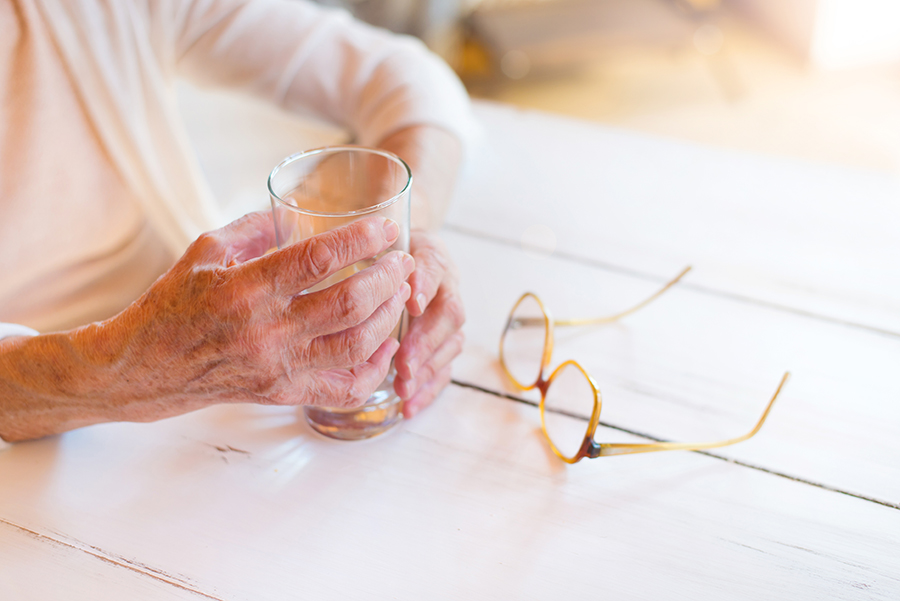


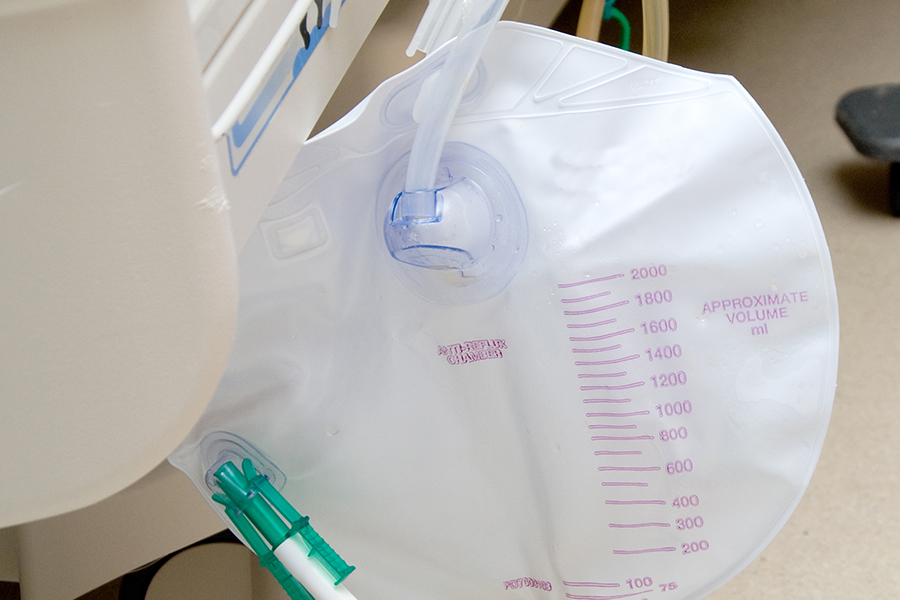


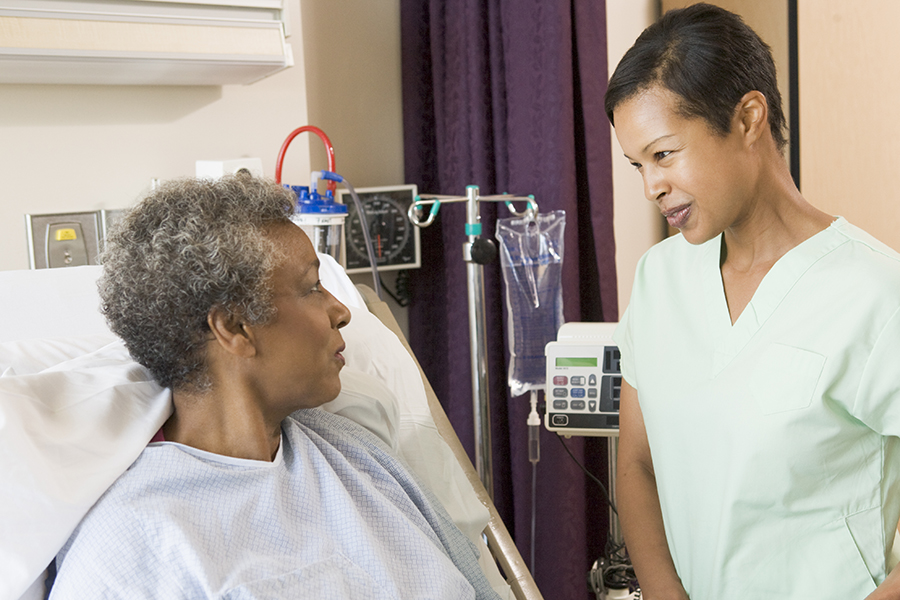
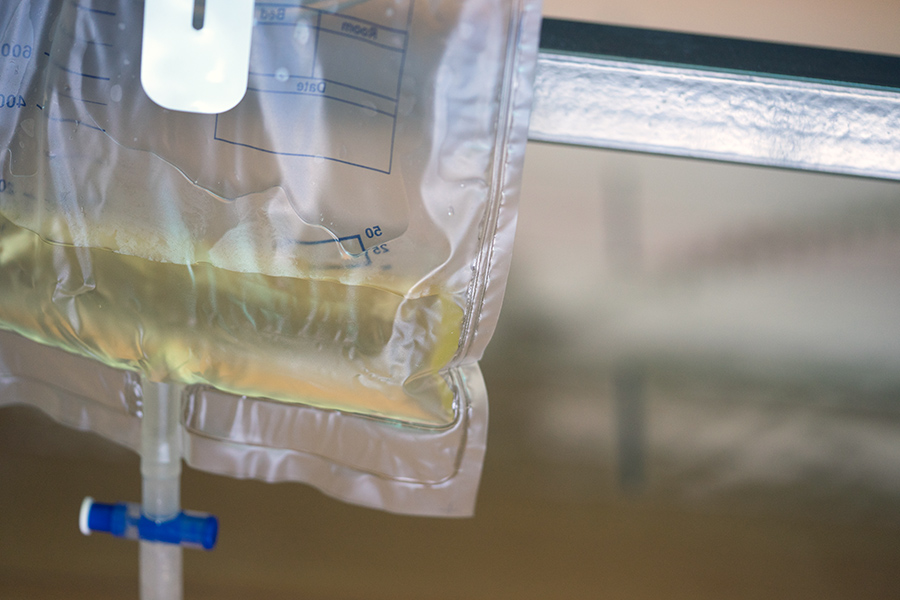

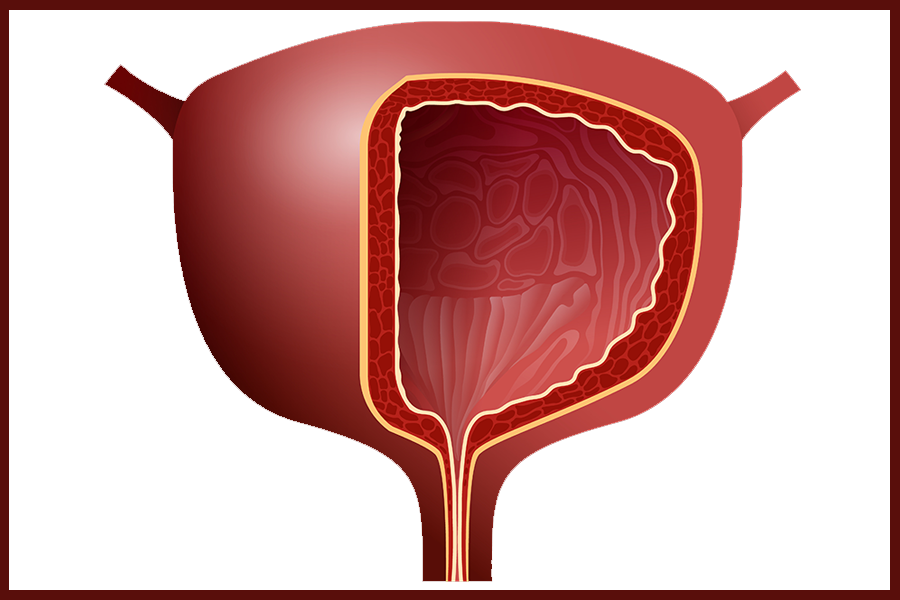

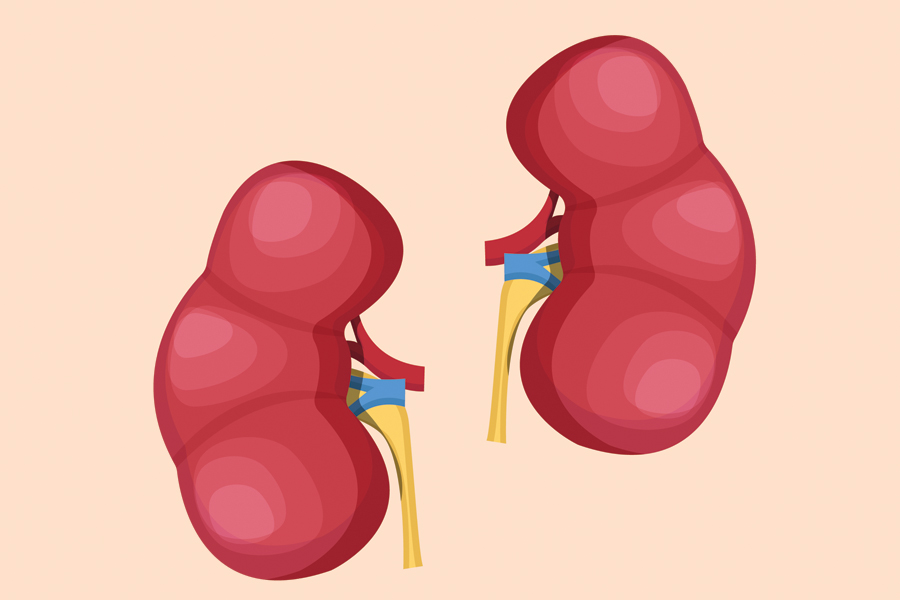
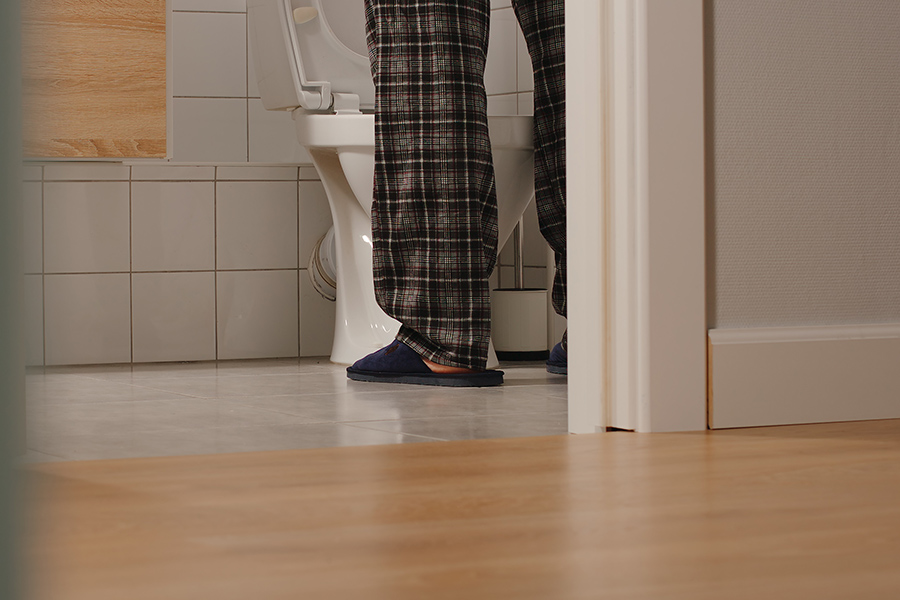
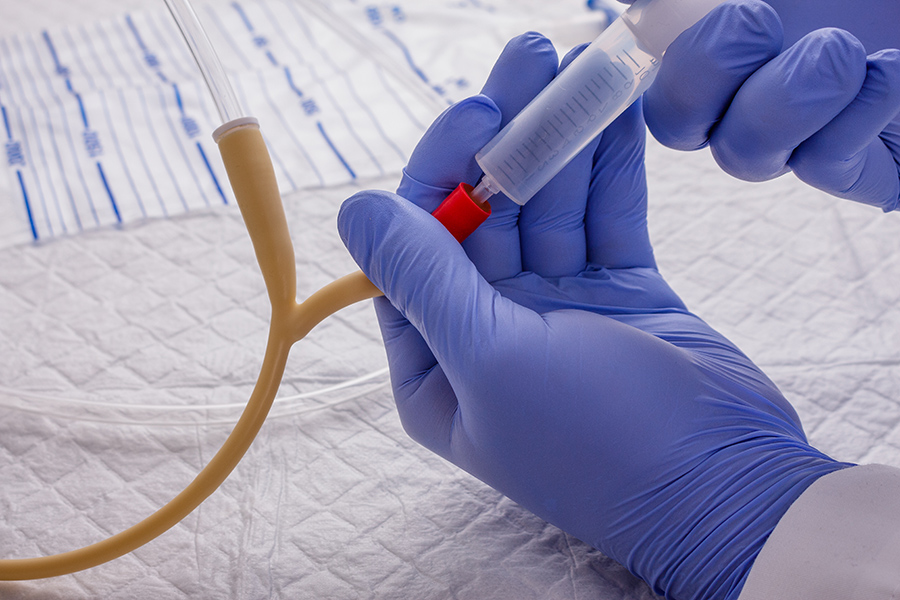

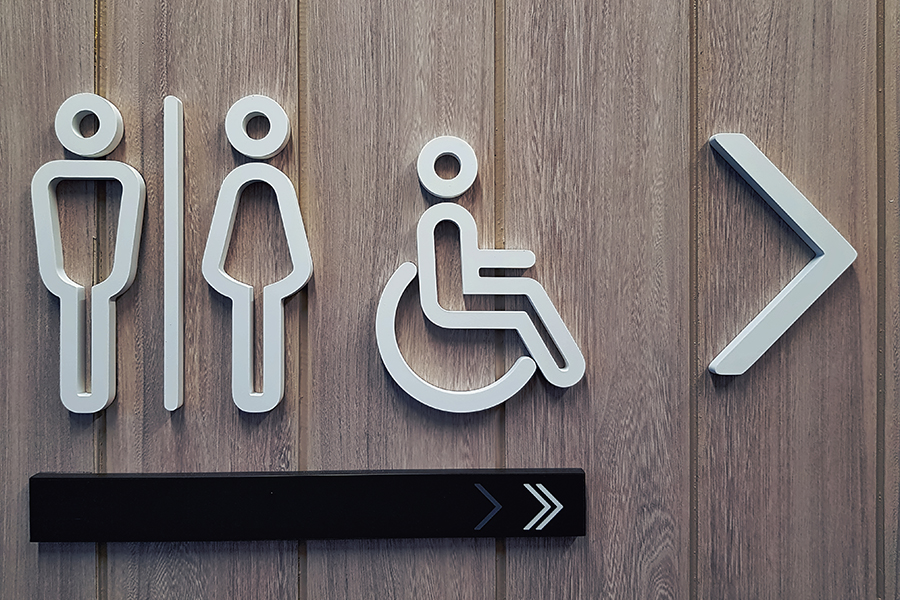
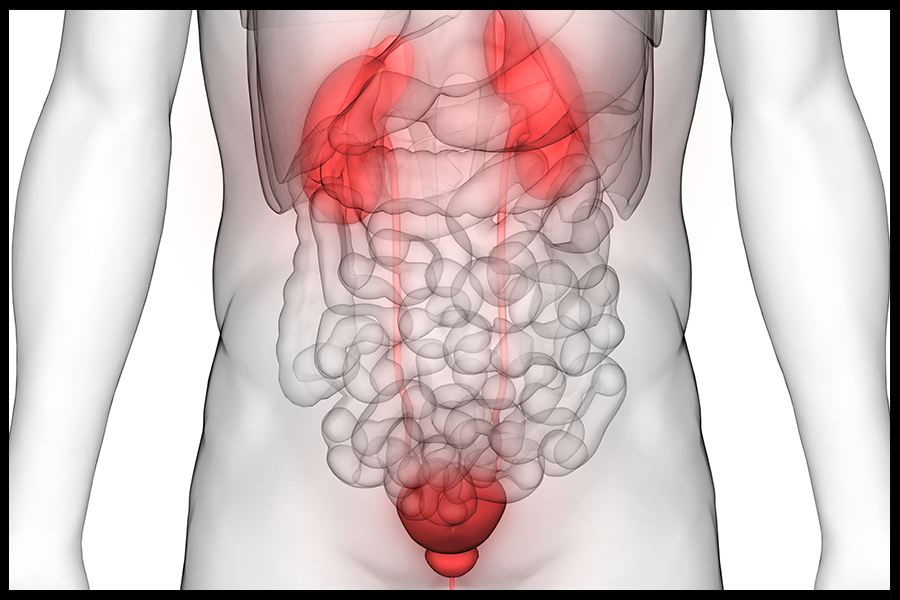
Excellent overview. Another example of the excellent patient support services provided by Shield Healthcare. Another unbiased resource for peer to peer Q&A, discussions, etc. is http://www.BCAN.org. BCAN is a non-profit based in Bethesda, MD. It stands for Bladder Cancer Advocacy Network.